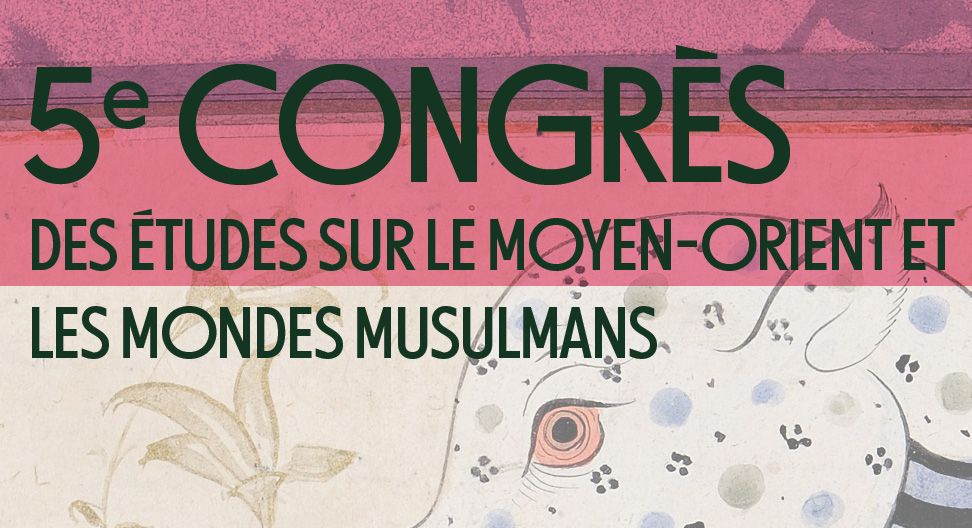
14h30-16h30 > The Fiqh of Inter-Confessional Relations in the Ottoman empireThe Fiqh of Inter-Confessional Relations in the Ottoman empire Wed 12th Jui 23
Abstract: This workshop seeks to address the transformation of fiqh, or Islamic jurisprudence, in the Ottoman empire and the subsequent independent states. It aims to show the dynamic nature of fiqh and its transformations through time by focusing on the jurisprudence regarding non-Muslims, foreigners, or the interaction between religious groups. By analyzing the evolution of fiqh in relation to questions of property ownership, taxation, conversion, political participation and personal law, this workshop will point to the political, economic and social uses of Islamic jurisprudence. It will also consider legal pluralism and the interaction between, for instance, fiqh, qāanūun and civil law. It will analyse legal discourses produced by religious scholars, both within the state and on its margins, and the practical applications of Islamic jurisprudence to specific cases concerning non-Muslims. Finally, this workshop will explore the imperial legacies in terms of personal status law in the independent states after the fall of the empire.
Convenor:
Vanessa De Obaldia, Johannes Gutenberg University of Mainz Melis Nicola Melis, Universita di Calgari Maurits Berger, Leiden University
A clash of legal cultures Anaïs Massot, EHESS-Césor Reinterpreting the concept of dhimma during the Ottoman Tanzimat reforms: Jurisprudence and political discourses in Damascus in the 19th century |

